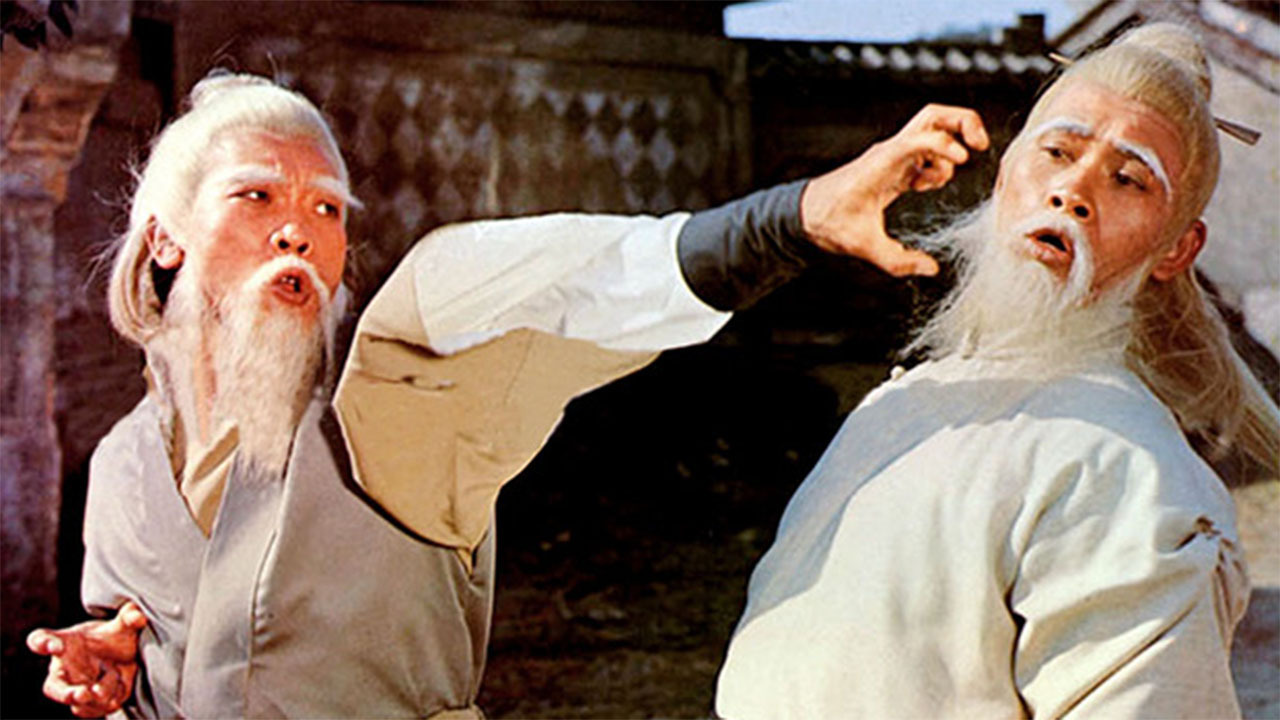The top response to this question (at time of writing) seems to have an opinion about "dying of old age" that I think Wizards of the Coast had when they wrote this ability, that there's such a thing as "dying of old age". There isn't. That's a catch-all phrase we use when the cause of death is the cumulative frailties we acquire as we get older. Some of these things are related to lifestyle, some are down to how our bodies degrade over time, sometimes from UV radiation damaging DNA.
Our immune systems tend to weaken, our bone density decreases, our bodies find it more difficult to repair damaged tissue and our blood doesn't carry oxygen as well. As these problems get worse and worse, our mortality rate increases and eventually we'll die of an illness or injury that we very likely would have survived had we been younger.
In short, "dying of old age" is only a problem for you if you suffer the frailties of old age. The text explicitly states that you suffer none of the frailties of old age. You're just as healthy as you were in your prime, and therefore you'd be no more likely to drop dead at 125 as you were at 31.
Taking into account the 11th level ability of the Monk- the one that makes you immune to poison and disease and there's really not much left that can kill you at that point. Immunity to cancer pretty succinctly prevents the last major obstacle to immortality since cancers can develop spontaneously. Assuming you had enough ventilation to breathe (or were a race that didn't need to), you could pretty much live forever if you locked yourself in a room.

